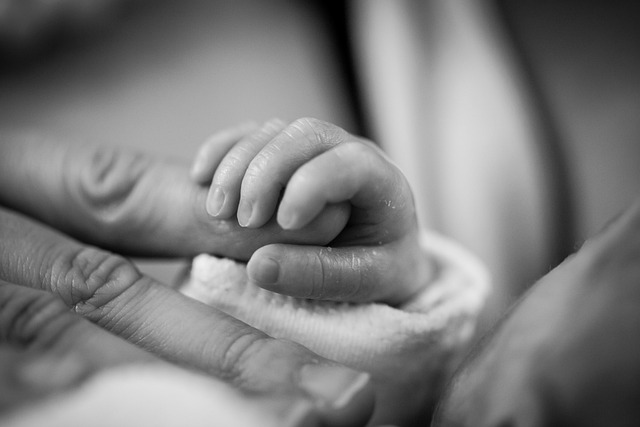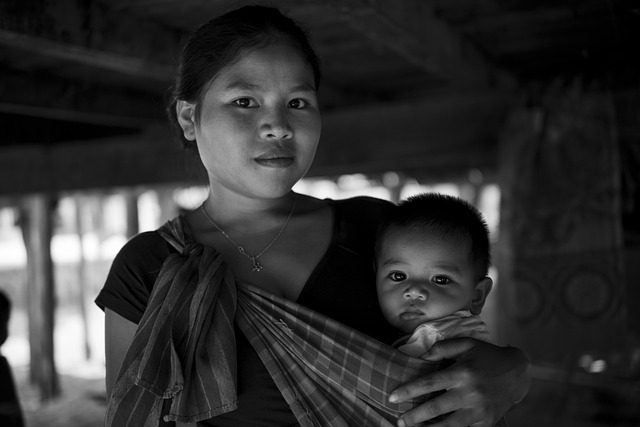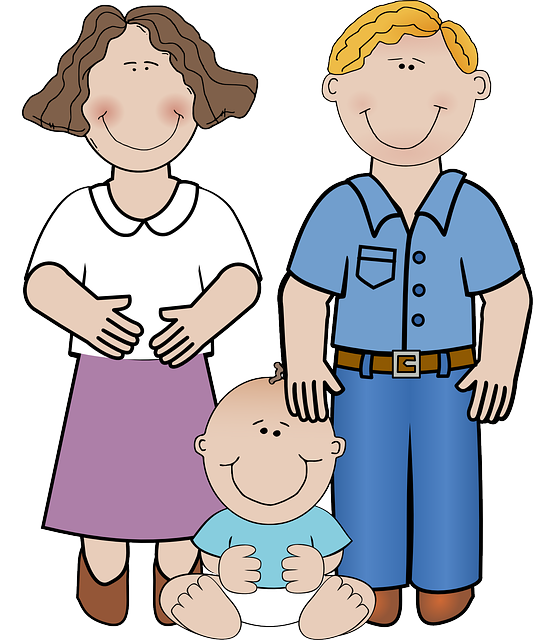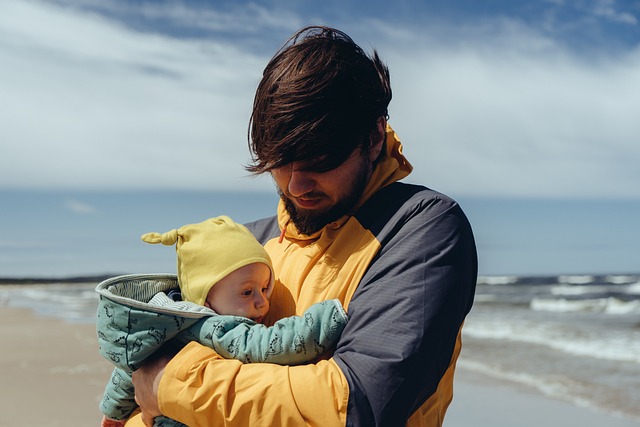Oregon's Child Welfare System, led by the Department of Human Services (DHS), protects vulnerable children through complex legal processes and services. In Multnomah County, a bustling hub for the state, child advocacy groups advocate for access to quality legal services and a culture that prioritizes both family preservation and child safety. Balancing these goals involves navigating Oregon's family law system, which recognizes parental rights while allowing state intervention when necessary. Multnomah County has made strides by offering comprehensive support and legal services, empowering families and improving outcomes for youth in DHS cases. Understanding the interplay of child welfare laws, parental rights protection, and Multnomah County child advocacy is crucial for positive outcomes in these complex cases.
In Oregon, the Department of Human Services (DHS) manages over 100,000 child welfare cases annually, highlighting the critical need for effective advocacy among vulnerable youth. This article delves into various aspects of Oregon’s child welfare system, from the perspective of both legal services and social support. We explore topics such as parental rights protection, the role of Child Protective Services law, Multnomah County child advocacy efforts, and Oregon family law resources. By understanding these dynamics, we aim to empower advocates in navigating DHS child welfare cases while ensuring stability and safety for all involved.
- Understanding Oregon's Child Welfare System: An Overview of DHS Child Welfare Cases
- The Role of Child Protective Services Law in Ensuring Safety and Stability
- Parental Rights Protection: Balancing Safety with Family Preservation
- Multnomah County Child Advocacy: Local Efforts for Vulnerable Youth
- Navigating Oregon Family Law: Legal Support for Children and Families
- Strategies to Advocate for Children Within the Welfare System
Understanding Oregon's Child Welfare System: An Overview of DHS Child Welfare Cases

Oregon’s Child Welfare System is a complex web of services and protections designed to ensure the safety and well-being of its most vulnerable citizens—children. The Department of Human Services (DHS) plays a pivotal role in this system, managing cases that involve child protective services, foster care, and efforts to reunify families. DHS child welfare cases often navigate through intricate legal processes, with a strong emphasis on parental rights protection under Oregon family law. This involves ensuring that parents are informed about their rights and opportunities for legal representation throughout the case.
Multnomah County, one of the state’s most populous areas, has its own unique challenges within this system. Child advocacy groups here work tirelessly to support children and families, advocating for access to quality legal services and promoting a culture of understanding and resilience. Understanding the intricacies of DHS child welfare cases is crucial for everyone involved—from social workers and attorneys to community members—to ensure that Oregon’s most at-risk youth receive the comprehensive support they need to thrive.
The Role of Child Protective Services Law in Ensuring Safety and Stability

Child Protective Services (CPS) laws play a pivotal role in safeguarding children within the welfare system in Oregon, particularly those involved in DHS child welfare cases. These legal services are designed to ensure the safety and stability of vulnerable youth by providing a framework for intervention and support when parental rights protection is at stake. In Multnomah County, child advocacy efforts are a priority, with CPS working tirelessly to mitigate risks and promote healthy development in children’s lives.
The Oregon family law system recognizes the critical need for specialized services, especially in complex cases where families may struggle with addiction, mental health issues, or systemic barriers. By implementing the child protective services law, social workers and legal professionals can navigate the intricate labyrinth of welfare procedures, ensuring that children receive the necessary resources and a stable future. This proactive approach is a testament to the state’s commitment to fostering a secure environment for all Oregon children.
Parental Rights Protection: Balancing Safety with Family Preservation

In Oregon, the balance between protecting children in the welfare system and preserving familial bonds is a delicate one. While the state’s child protective services laws aim to ensure the safety and well-being of vulnerable children, it’s equally important to respect and safeguard parental rights. This dual goal requires careful navigation by Multnomah County child advocacy teams, especially during DHS child welfare cases. The challenge lies in determining when family preservation efforts should be prioritized while ensuring no harm comes to the child.
Oregon family law recognizes that parents have fundamental rights, including the right to make decisions regarding their children’s upbringing. However, these rights must be balanced against the state’s responsibility to intervene when a child’s safety is at risk. Child welfare legal services play a crucial role in mediating this balance, providing support and resources while advocating for both the child’s security and the parent’s due process rights. Effective collaboration between these entities is essential to foster positive outcomes in complex cases, ultimately aiming to heal rather than further traumatize families caught in the system.
Multnomah County Child Advocacy: Local Efforts for Vulnerable Youth

Multnomah County, Oregon, has made significant strides in advocating for vulnerable youth within its community by establishing robust child advocacy programs. The county’s efforts are centered around providing comprehensive support and legal services to children involved in the welfare system, with a particular focus on protective services and parental rights.
The Multnomah County Child Advocacy Team works tirelessly to ensure that every child receives fair treatment in DHS (Department of Human Services) child welfare cases. They offer specialized legal assistance, educating both parents and children about their rights under Oregon family law. This proactive approach aims to empower families and foster a more positive outcome for youth navigating the complex child welfare legal system.
Navigating Oregon Family Law: Legal Support for Children and Families

Navigating complex legal systems can be challenging, especially for children and families involved in Oregon’s child welfare process. The state’s family law framework plays a pivotal role in protecting parental rights while ensuring the safety and well-being of children. Legal support is crucial in these cases, offering guidance through the intricate web of DHS child welfare procedures and Multnomah County child advocacy initiatives.
Oregon’s child protective services law provides a structured approach to handling DHS child welfare cases. This includes various legal interventions, such as custody hearings, adoption proceedings, and family court orders, all aimed at resolving issues and finding suitable arrangements for children within the system. Understanding these laws is essential for both parents and advocates to ensure the rights of all parties are protected while promoting positive outcomes for children.
Strategies to Advocate for Children Within the Welfare System

Advocating for children within the welfare system requires a multifaceted approach. One key strategy is to ensure access to child welfare legal services. These services can help navigate complex DHS child welfare cases and protect parental rights. Legal representation can also provide invaluable support in understanding and exercising options under Oregon family law, ensuring that children’s best interests are at the forefront of every decision.
Additionally, Multnomah County child advocacy groups play a crucial role in amplifying the voices of children involved in the system. These organizations offer resources and representation tailored to the unique needs of young individuals. By fostering strong child protective services law enforcement and supporting holistic development, advocates can help transform lives, paving the way for brighter futures for Oregon’s most vulnerable youth.






